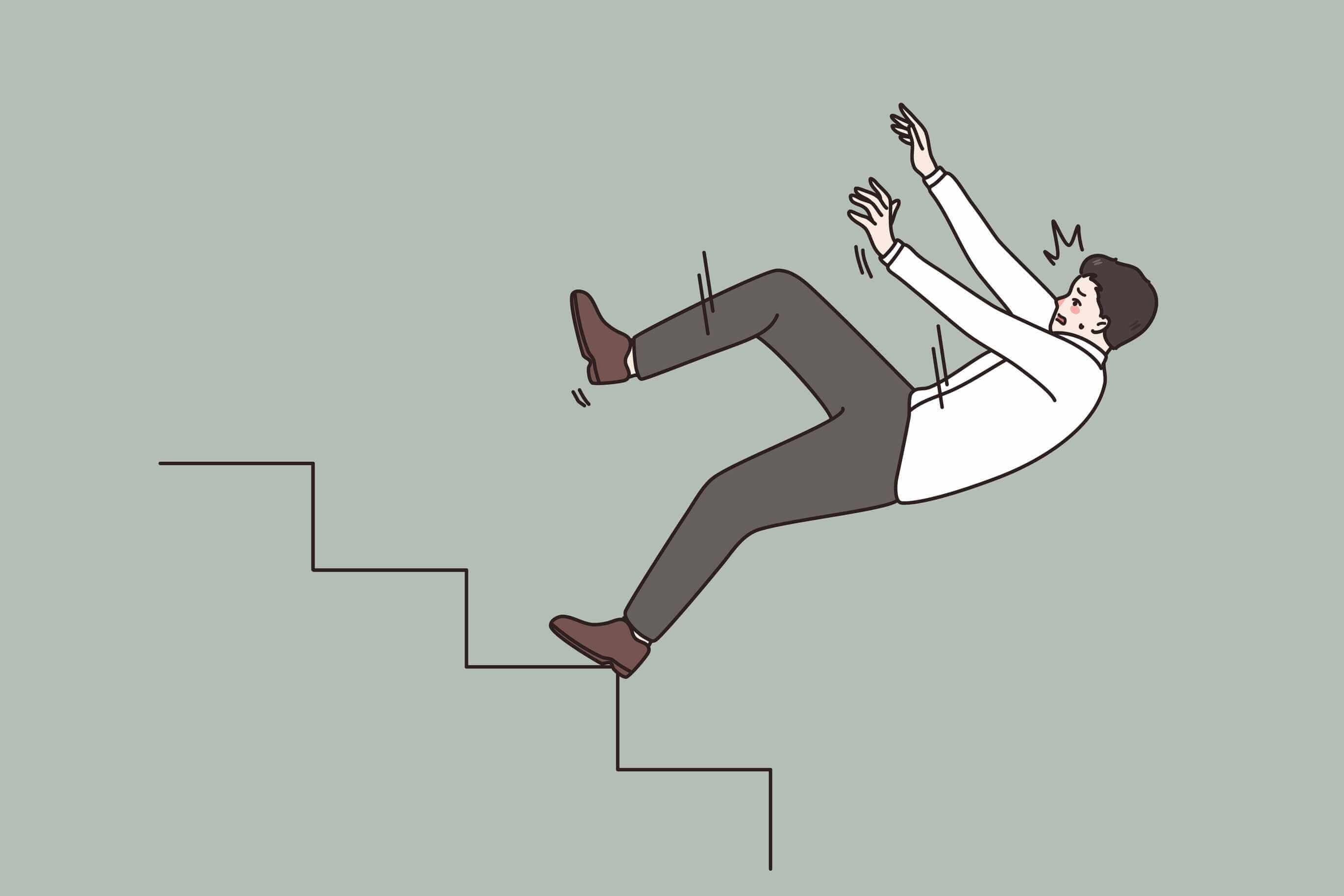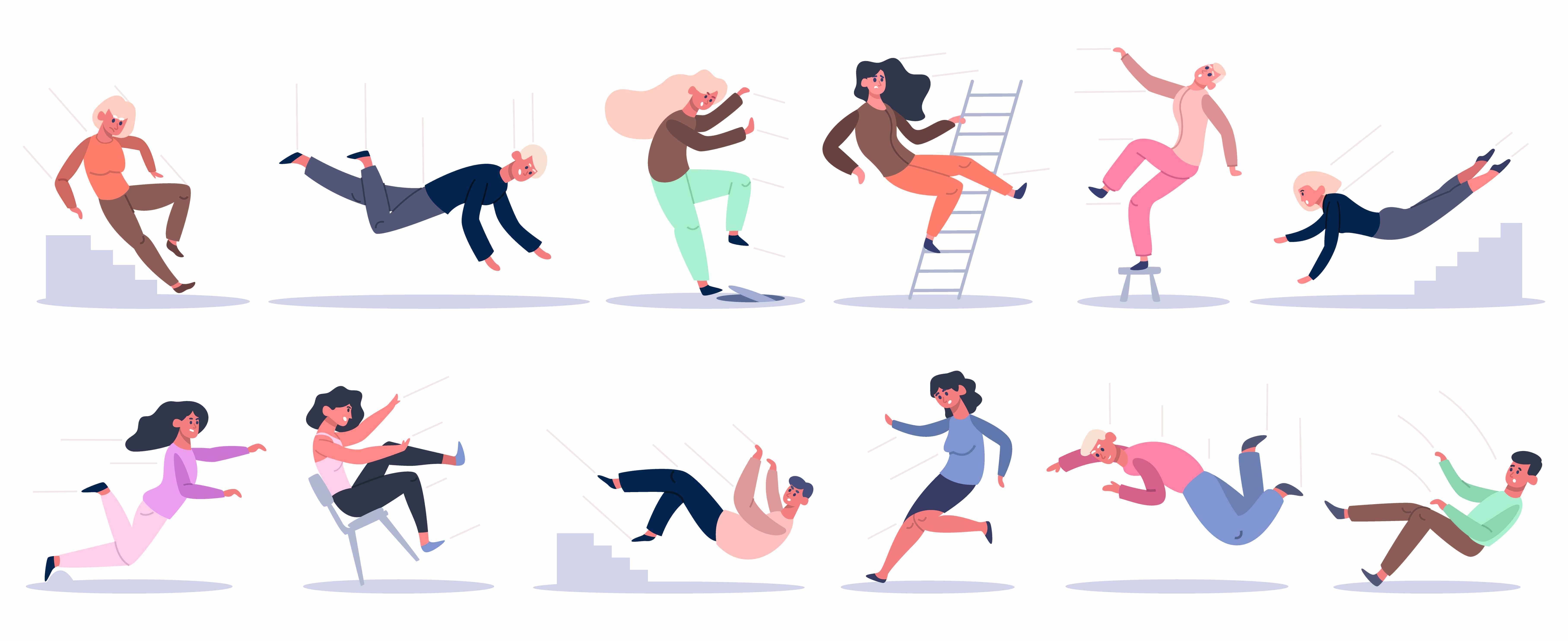Learning Independence/interdependence In The Cafeteria

The end of my sophomore year was very difficult. I needed a break.
In June, my oldest son was looking forward to transitioning to a different environment and schedule, having just finished his sophomore year of high school, which, according to him, “was noticeably hard.”
Summer is often full of transitions for families, as schedules, environments, and expectations shift. Our entire family was looking forward to a break from academic vigor and had optimism for new work opportunities, family trips, and even a bit of down time. My son was especially looking forward to a three-week residential work opportunity at a Christian summer camp where he would volunteer working in a kitchen. He wouldn’t be paid, but since he never received any job offers from the local businesses he applied to, it seemed like a nice opportunity to get some work experience and practice self management and semi-independent living.
I wanted to try being ‘on my own’ for a while.
Many cultures (including the one I am living and raising my family of six in) glorify independence, yet most would admit that they lead lives of interdependence. Adages like “It takes a village to raise a child” or “There’s no ‘I’ in ‘team,’” or “Stronger together,” and “United we stand; divided we fall” illustrate the reality of how humanity functions and human appreciation of one another.
As we go through life, we are ideally given agency to learn skills that help us gain independence in some areas and learn how to be interdependent in others. This is the vantage point from which we created our new book that will be released this month: The #ActuallyAutistic Guide to Building Independence: A Handbook for Teens, Young Adults, and Those Who Care About Them.
Our family is exploring this labyrinth of possibilities for independence and interdependence as we try to stay first mate and let our 16-year-old Autistic son captain the vessel through each transition to independence/interdependence. Transitions evoke the gamut of emotions, from excitement, fear, anxiety, stress, joy, relief, pride, and contentment, to sadness or grief. My son visualizes specific independence milestones:
I want to be able to drive as an adult, so that I don’t have to get rides everywhere. I also want to be able to live at a college right after high school and be able to manage everything without being reminded and told what to do by my parents. I also want to be able to get a paying job that isn’t just working at a restaurant part-time (which I’ve applied for, but never actually got hired).
But the journey to independence/interdependence isn’t linear. It involves steps forward, backward, and sometimes in completely different lateral directions never considered.
My son’s three-week residential experience 3.5 hours from our home offered many opportunities for independence/interdependence and transitions. I’m sharing several of his reflections (all italicized), with his permission.
I hadn’t needed to study much before this year, and I always got good grades, so I hadn’t developed great habits yet. At the end of the school year, I was worried that I might not be able to work at camp (which I was really looking forward to) because of my poor academic performance and work ethic. But I really locked in during the last month of school and turned my grades around. I ended up with a 4 on the AP Precalc test and did well on all my semester two finals.
I was looking forward to the summer as a break from how hard the school year had been. I also was looking forward to being on work crew because I needed a break from the ‘normal’ world. I wanted to meet people around my age who I could relate to more than I could with my family members. I was hoping the work experience and potential recommendations would help me get a job in the future.
Work crew was an amazing experience, as I expected–there were plenty of differences between the work that was typically expected from me in school, which made it a nice break. Although I had to wake up earlier than I would on a typical school day, I got a break in the afternoon and evening where nothing was expected of me from other people.
I also worked entirely collaboratively with my work crew team–we were all together to accomplish the same goal, which is different from the intense level of individual accountability I have in each of my classes at school. Both school and work crew had a very structured social environment where different activities naturally brought people together. Work crew socialization was much simpler because I didn’t have to worry about coordinating things with others’ schedules (everyone was on the same schedule), worry about inviting other people to things/being invited, etc.
Transitions in general are hard–not only the summer to fall schooling transitions. Many other formal and information transitions require attention (high school to college, school to work, driving or finding transportation, social outings to alone time, living independently and all that entails) and can be broken down into much smaller tasks. Transitional support is not necessarily built into each of these phases/types of transitions (the world often isn’t built for Autistic people and this is glaringly clear during all of these complex transitions).
Work crew has helped me prepare from both the summer to school transition as well as possibly being more independent at home and in the future. I’m very thankful to have had the opportunity. I find that the three weeks I was on work crew allowed me to grow in my faith and meet people from places I otherwise wouldn’t have and to get to learn about them. Being on work crew for so long has allowed me to get to know the people I work with really well and build strong friendships with them that will last a long time. Every time I come back from one of these camp visits, either as a camper or on work crew, I get the feeling that it’s changed me spiritually, but historically that has fizzled out each time pretty quickly. This time around is different. I feel rejuvenated from this experience, knowing it has changed and will change me for far longer than just a few days after I got home.
The post Learning Independence/Interdependence in the Cafeteria appeared first on Learn From Autistics.


